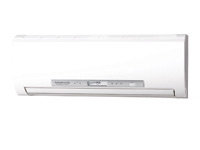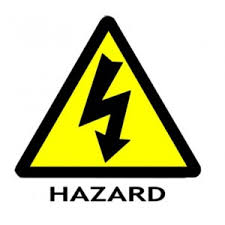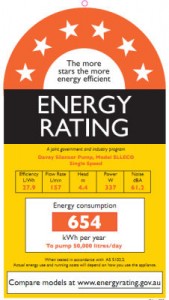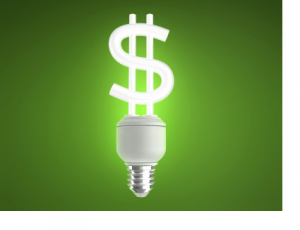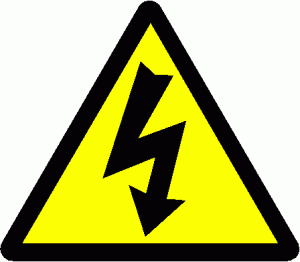People will have no problems letting you know how much you just have to purchase an air conditioner with an inverter. Inverters are the new big things. Why? The normal response seems to be that they will save you in the power department. So just what is the difference between these two types of models?
Probably the most comparable difference is the way the inverter itself functions. The inverter is the best way to save electricity. Why? The inverter helps control the compressor motor, which helps change the temperature of the room as required. In an air conditioner without an inverter, the compressor will operate on full capacity or nothing at all. You could say it’s all or nothing. It doesn’t change according to the temperature like that of an inverter. If the compressor is on full all the time, this can spike the rate of electricity used which you will see evidence of on your bill.
Outside Compressor Units
The amount of cooling that needs to be done by your AC unit is dependent on the temperature outside and inside the room. When the room needs to be cooler, the compressor will kick in at a high speed and send the right amount of refrigerant to get to the optimal temperature. When the temperature is adequate, the compressor will slow down and stay at a consistently low speed and reduce refrigerant. On the other hand, what about an air conditioner that doesn’t have an inverter? Like what was stated above it is all or nothing. You can compare it to starting a cold car. The constant start and stop from a cold state will use a lot more gas.
Eco-Friendliness
Air conditioners with inverters are better for the environment. Let’s not kid ourselves. These are air conditioners. The most eco-friendly air conditioner is no air conditioner at all. However, if you do need an AC unit and if you compare the two models of an AC unit with an inverter and an AC unit without an inverter, an AC unit with an inverter is by far easier on the environment. Why? When the temperature you want is achieved, the compressor will slow down. It is said that since it doesn’t shut off altogether it will save you energy. Some studies have shown some 30% to 50% energy savings in a month.
The Internals
Think of the inverter as a little computer in your air conditioner. Air conditioners with inverters are a lot more precise than your conventional air conditioner. They control the temperature in your room more precisely. After comparing, it seems like AC units with inverters are the better choice.
How Long Will They Last?
Follow the maintenance guidelines on whatever unit you purchased. This will include cleaning the removable filters that are located on the inside AC unit. Besides this, you will need to clean the inside and outside of the units. Be careful. You will want to hire professionals like Brisbane Air to clean it. Especially in units where there are inverters, there will be a lot of internal electronics that can’t get wet. If you maintain your air conditioner on a regular basis, you should get at least ten to fifteen years out of it. If you lost your owners manual, then write down the serial number, model number, and look it up on the internet. You should get full access to any manual you want online.
